David Cameron's first 100 days: 10 of the worst measures introduced by the Government so far
With the turmoil and chaos of the Labour party conveniently providing cover, the Government has quietly pressed ahead with deeply unpopular measures
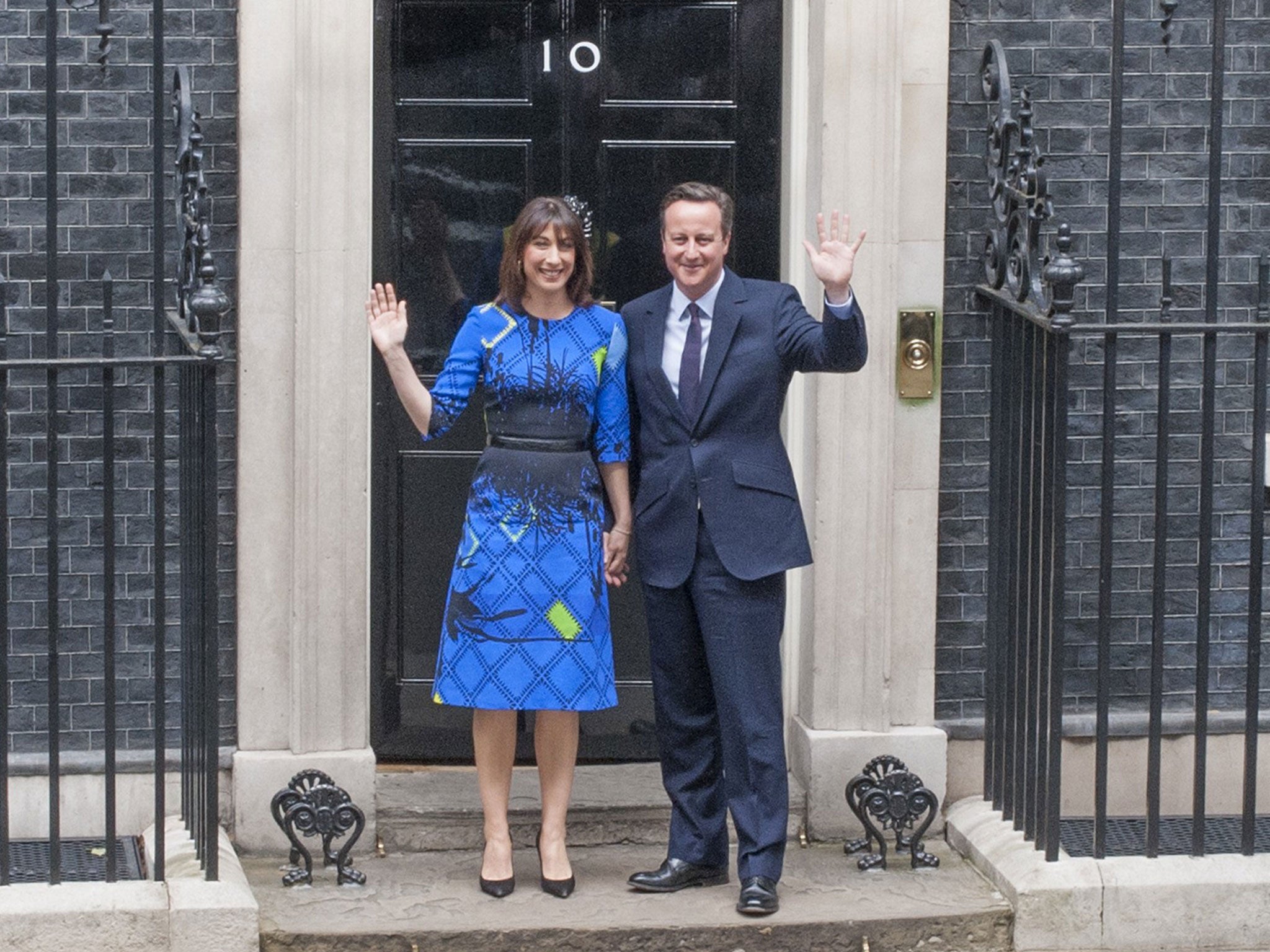
Today marks 100 days since David Cameron recorded a shock victory at the general election to deliver the first majority Conservative government in 18 years.
As politicians, civil servants, pundits and the nation braced themselves for another hung parliament and the potential for weeks of coalition negotiations, some doubted whether a government would have even been formed by this point.
A second election was seen by some as more likely than any one party winning a majority. But unshackled from the chains of coalition government, Mr Cameron and his Tory colleagues have spared little time in delivering on their radical agenda.
With the turmoil and chaos of the Labour party conveniently providing cover, the Government has quietly pressed ahead with deeply unpopular measures and further cuts to public services. Here are 10 of the worst measures the Tories have delivered so far.
1. Child poverty target scrapped
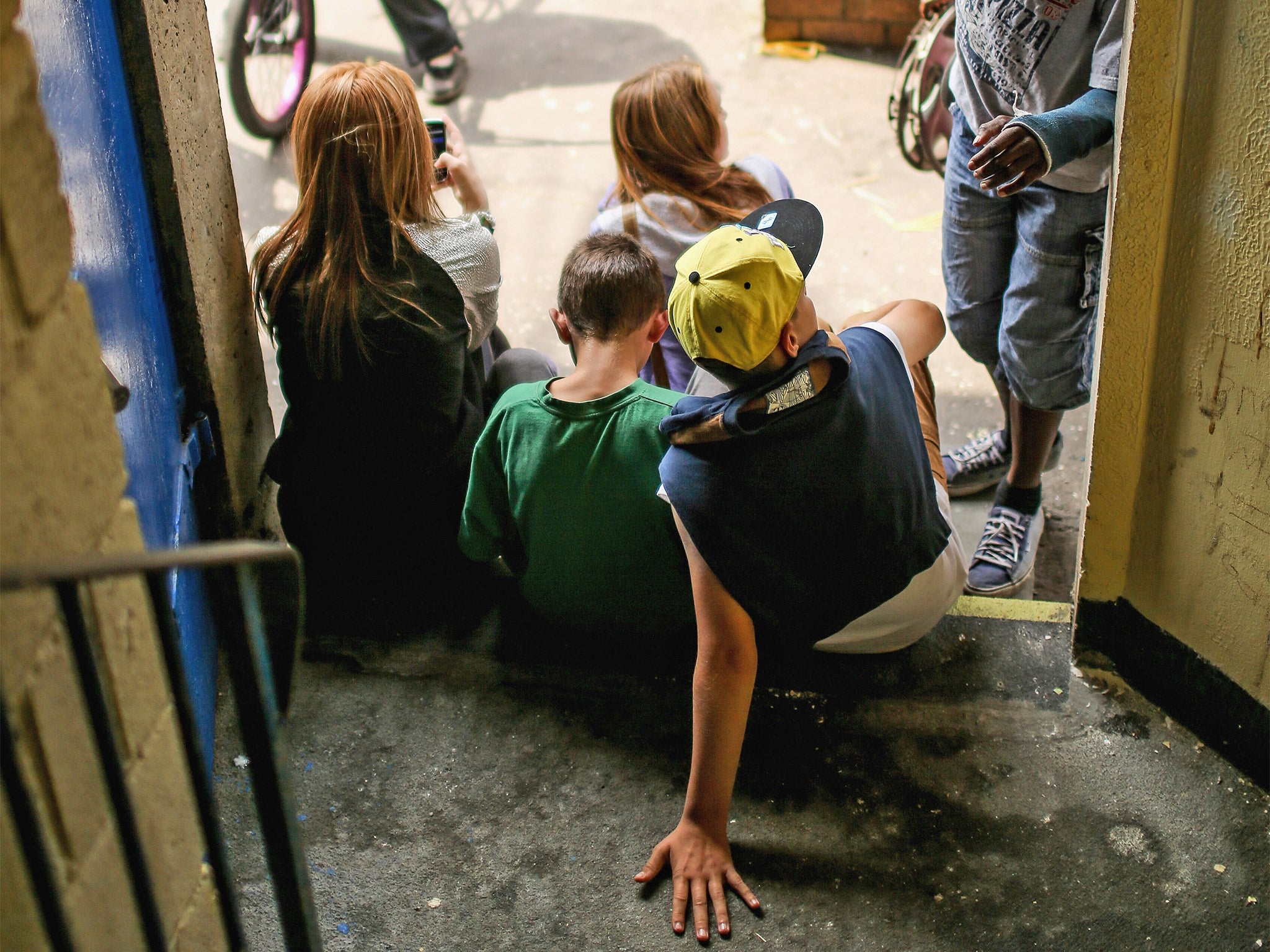
The Government has scrapped legally-binding targets to eradicate child poverty by 2020. It said measuring poverty by defining poor people as those living in a household with an income of less than 60 per cent of the average had put the aim of reducing child poverty on an “unsustainable” path.
The Government will replace the legislation with a new definition of child poverty that will not be legally binding.
The new measure will take into account “root causes” of poverty such as unemployment, debt, addiction and the achievement of children in their GCSEs.
2. Cut in working tax credits
At the same time as scrapping child poverty targets the Government announced that families with more than two children will not receive tax credits or housing benefit for their third or subsequent children.
No longer will families be given £2,780 per child for an unlimited number of children when the Government’s “two-child” policy comes into effect next year.
3. Scrapped the Green Deal
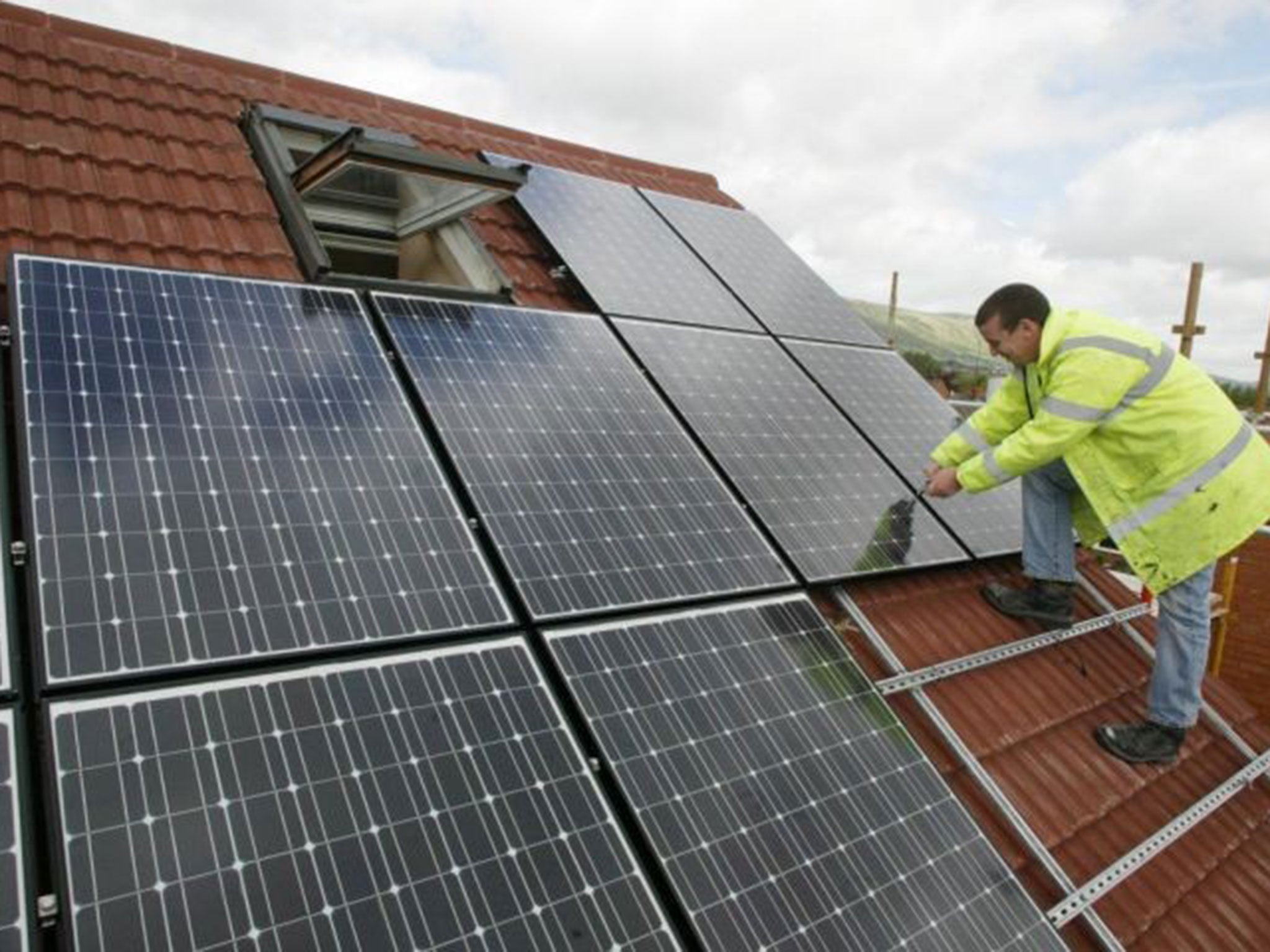
The Government has scrapped its flagship Green Deal that was hailed just two years ago by ministers as signalling a “revolution” in transforming Britain’s typically energy inefficient housing stock.
It left David Cameron’s pledge to lead the “greenest government ever” in tatters.
4. Cut benefits for asylum seekers
Benefits for thousands of asylum seekers have been cut after a shake-up by the Home Office, including a £16 weekly cut in the cash allocated for looking after a child. Charities warned that the cuts would make it almost impossible for refugees to afford food and clothes for their families.
5. Scrapped maintenance grants for students
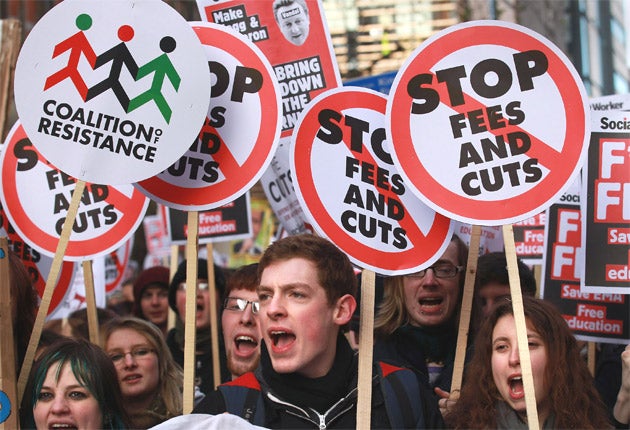
George Osborne announced he was scrapping maintenance grants for students from low income families and replacing them with loans that will drag poorer students into even more debt.
6. Higher tuition fees
The Chancellor has also given universities the power to raise tuition fees even further, having already increased them three-fold to their record level of £9,000 under the Coalition. Students will also have to start paying back their tuition fees sooner after the Government froze the salary level at which students start repaying their loans at £21,000.
7. Trade union clampdown
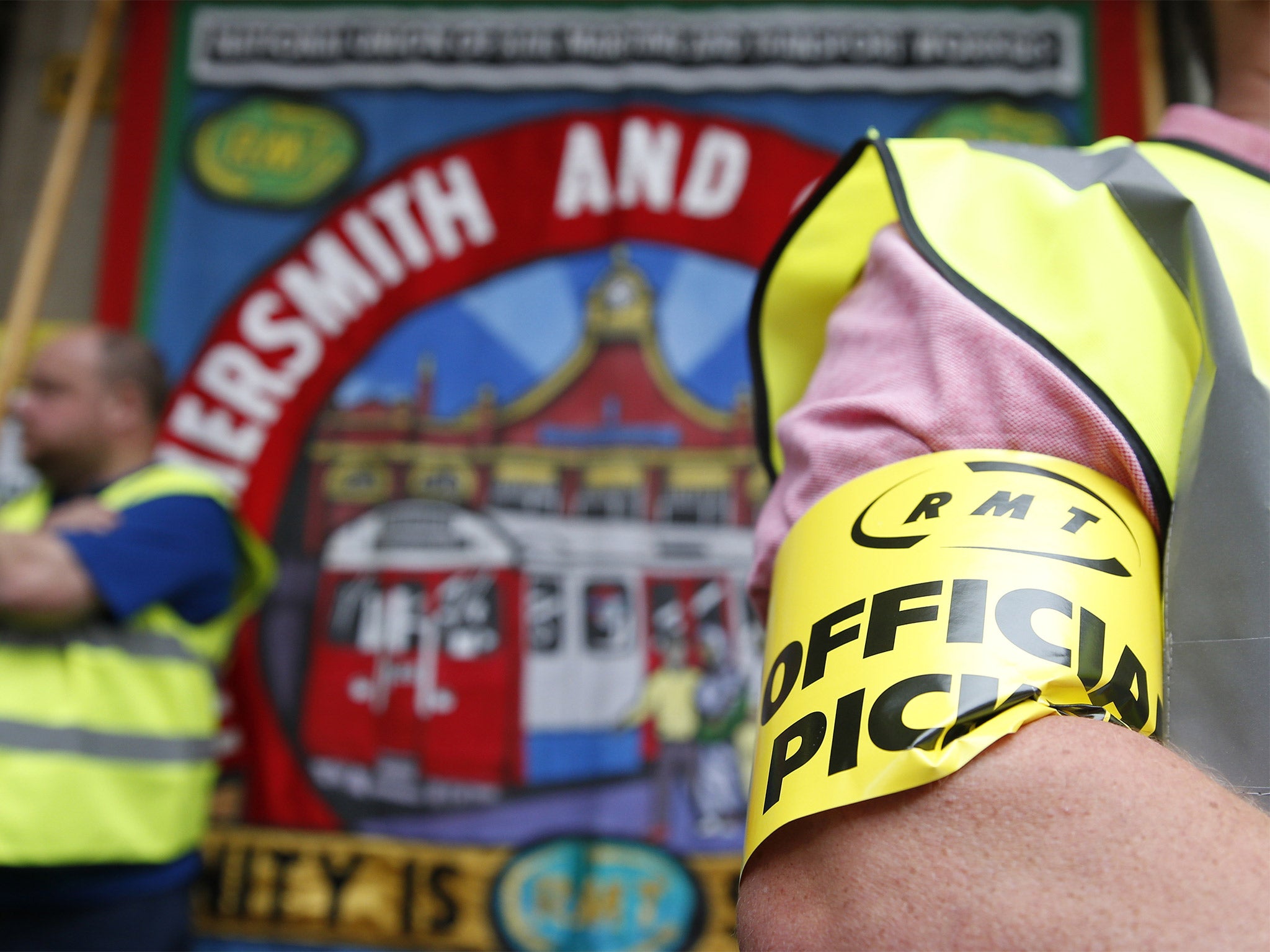
Plans for strict new laws on strike action were announced by the Government in July. They include proposals to ban strikes by key public sector workers unless they are supported by at least 40 per cent of all of those eligible to vote.
In other non-essential public services, the plans would curb strike action with a new 50 per cent turnout threshold for industrial action to be legal.
8. Halting railway improvements
The Government has postponed a number of railway infrastructure modernisation schemes that were crucial for George Osborne’s bid to boost northern cities as part of his Northern Powerhouse plan.
Transport Secretary Patrick McLoughlin said he was pausing key parts of the £38.5bn Network Rail upgrade programme, leading to questions over what the Government knew before the election but decided not to reveal to the public.
9. Clampdown on transparency
The Government has launched a review of the Freedom of Information Act and fears that it will lead to a curb on government transparency deepened after Jack Straw, an outspoken critic of the FOI Act, was appointed to head the review.
10. Lowering the benefit cap

The Tories have delivered on their manifesto pledge to lower the benefit cap further, down to £20,000 for claimants outside London and £23,000 in the capital. The previous cap had been £26,000, brought in by the coalition government.
Join our commenting forum
Join thought-provoking conversations, follow other Independent readers and see their replies
Comments